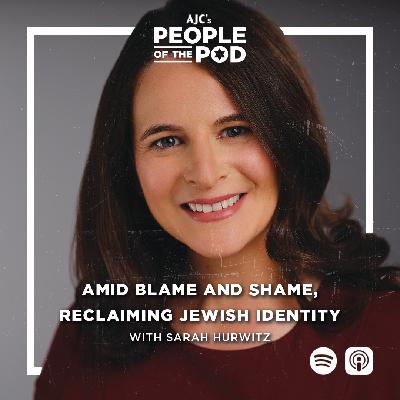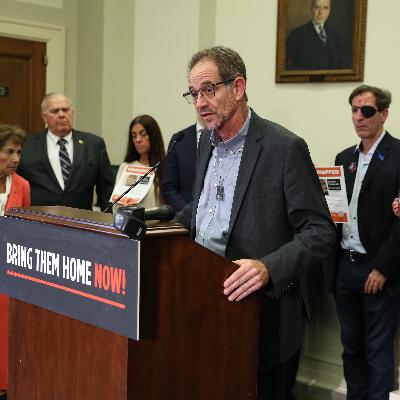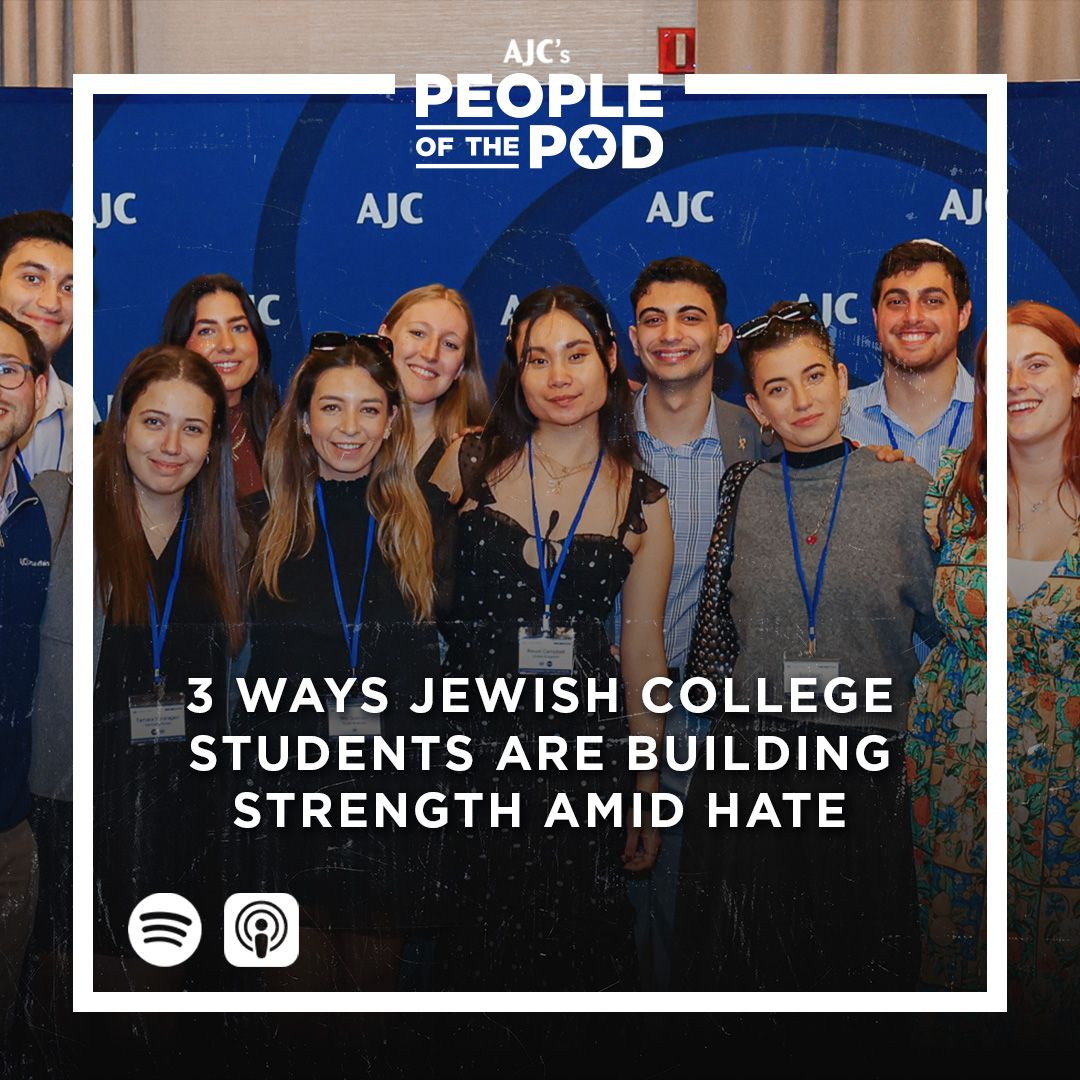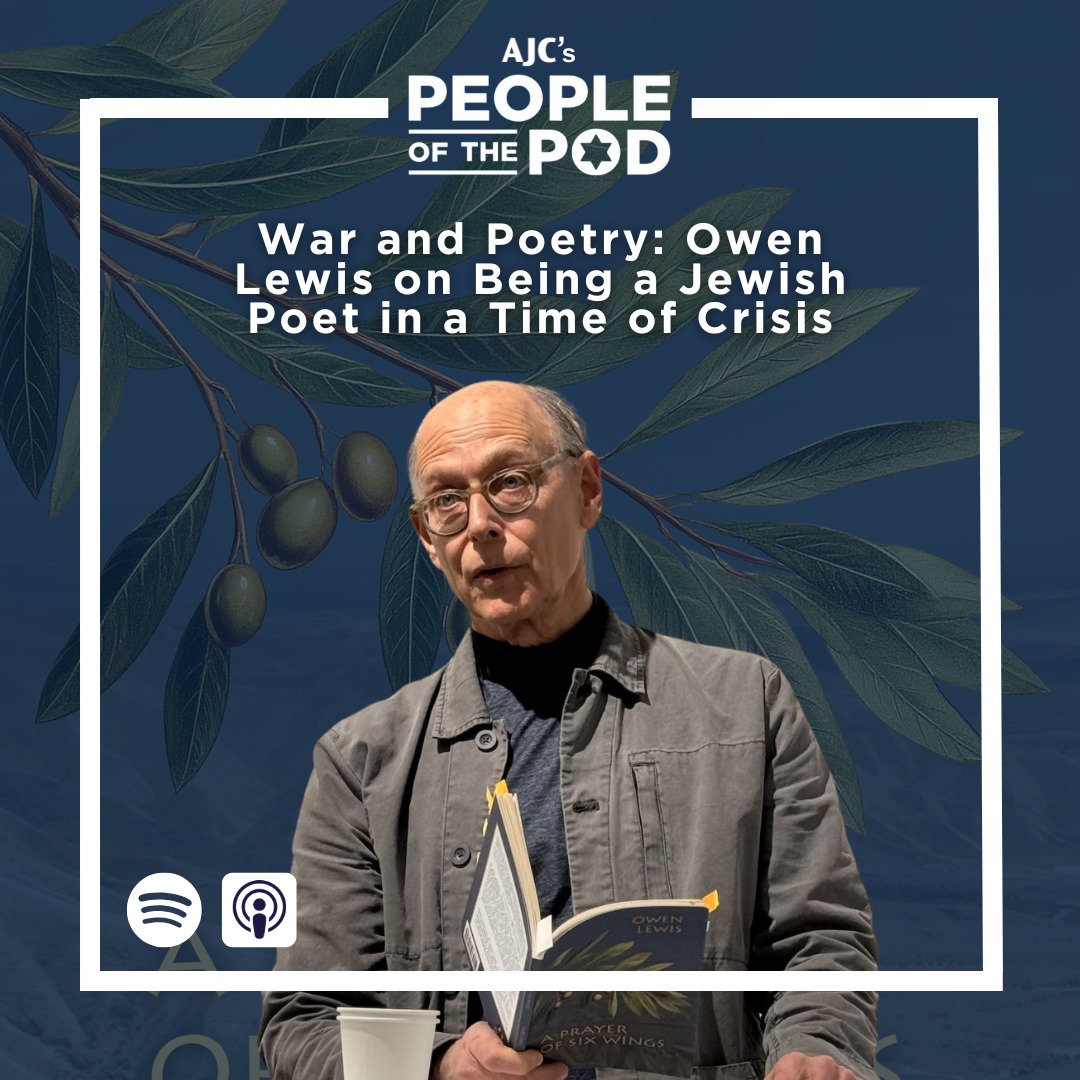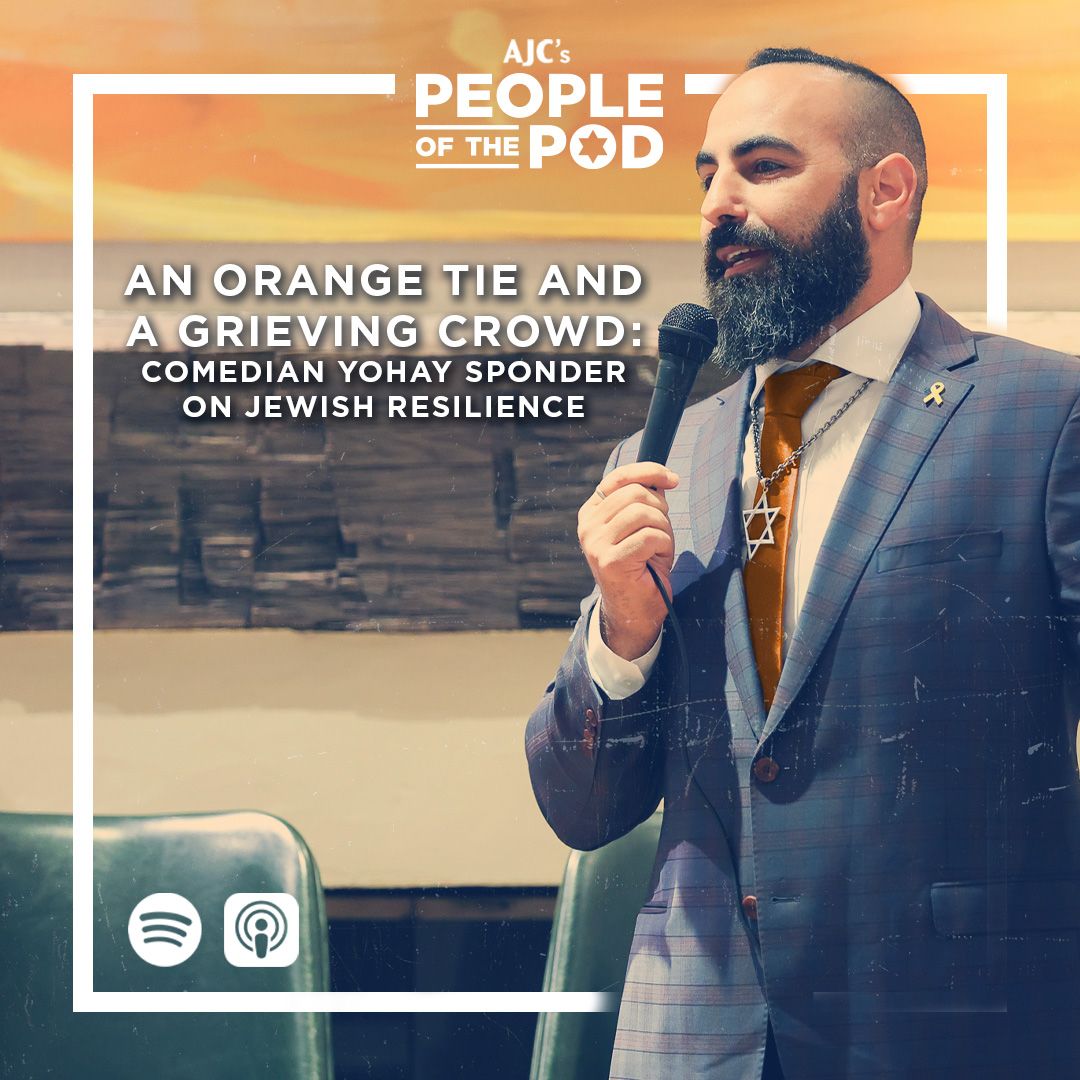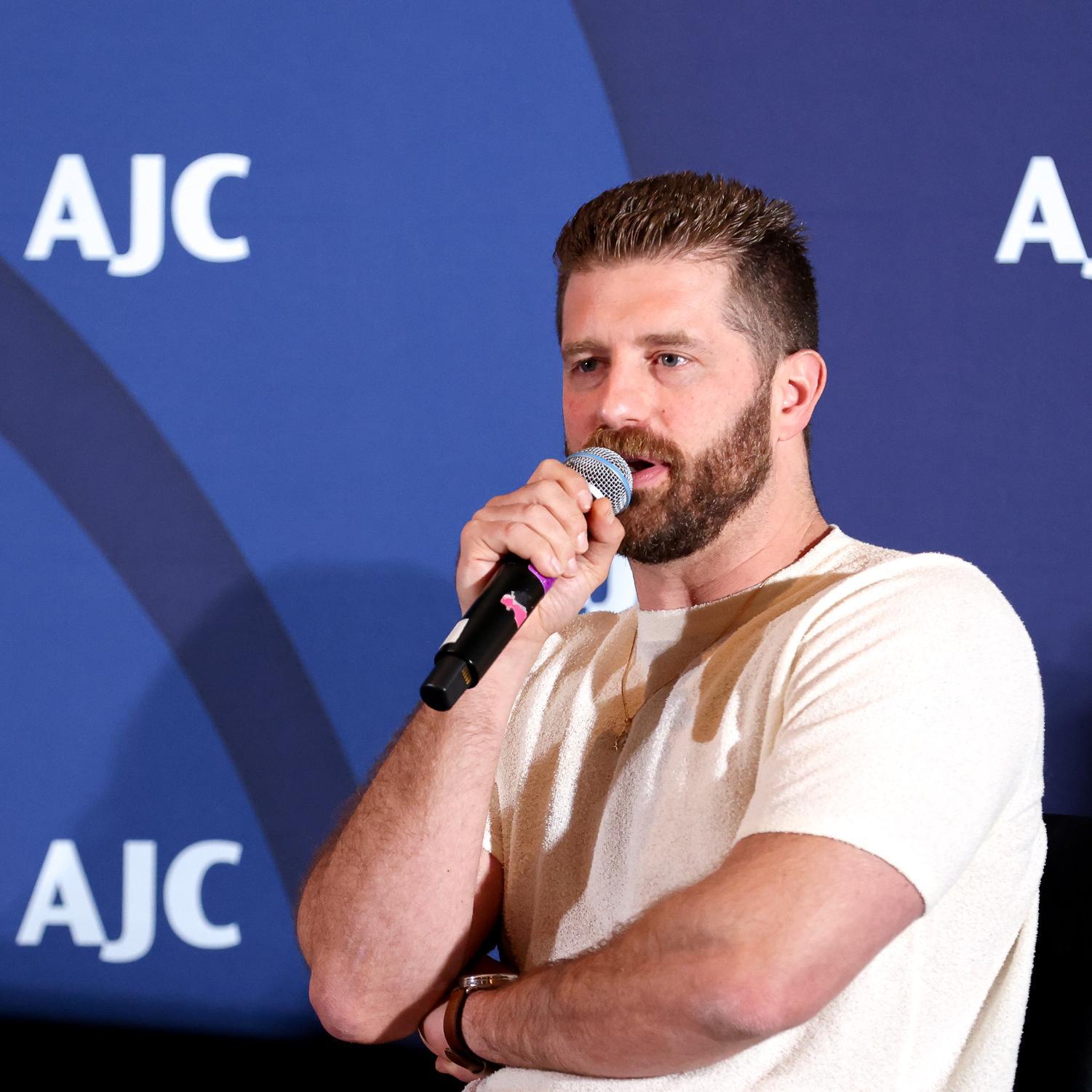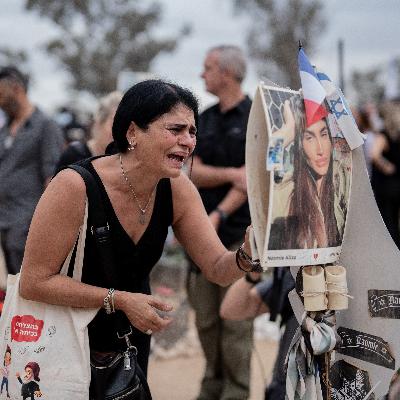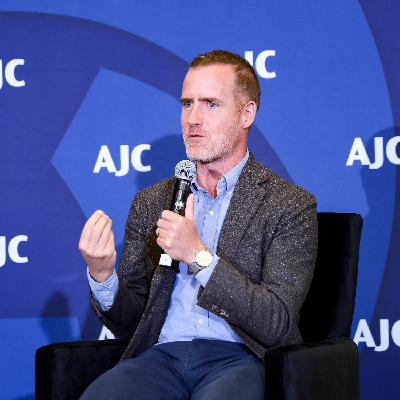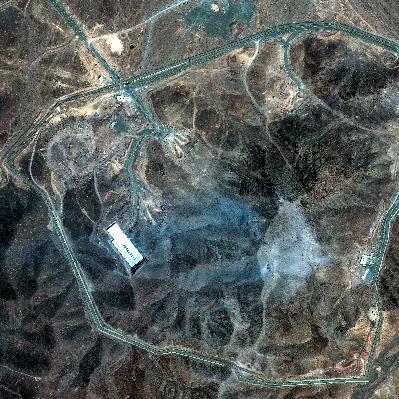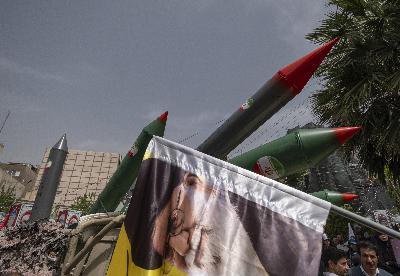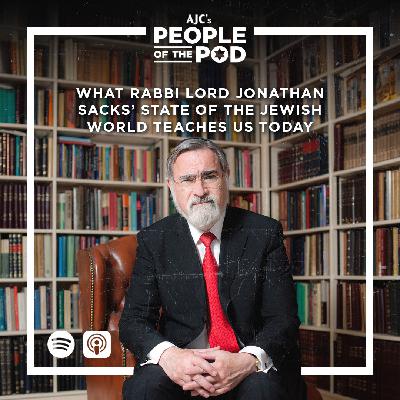Amid Blame and Shame, Reclaiming Jewish Identity with Sarah Hurwitz
Description
"To me, that ark is: engaging deeply with our traditions. It's reclaiming some of what we lost when we were assimilating and trying to fit in. We have thousands of years of text that have such wisdom about the human condition, about how to be a good person, and lead a worthy life . . . What we can really do is, we can be Jews. And to be a Jew has always been to be different."
Sarah Hurwitz—former White House speechwriter and New York Times bestselling author of Here All Along—returns to People of the Pod to discuss her new book, As a Jew: Reclaiming Our Story from Those Who Blame, Shame, and Try to Erase Us.
Hurwitz reflects on why antisemitism remains, in her words, "the least mysterious phenomenon," and how Jews can reclaim pride, wisdom, and purpose through Jewish text, practice, and community. Drawing from her work as a hospital chaplain and her conversations with Jewish students on campus, she makes a powerful case for reconnecting with the depth and resilience of Jewish tradition.
Key Resources:
Listen – AJC Podcasts:
Follow People of the Pod on your favorite podcast app, and learn more at AJC.org/PeopleofthePod
You can reach us at: peopleofthepod@ajc.org
If you've appreciated this episode, please be sure to tell your friends, and rate and review us on Apple Podcasts or Spotify.
Transcript of the Interview:
Manya Brachear Pashman:
During the Obama administration, Sarah Hurwitz served as senior speech writer for President Barack Obama and chief speech writer for First Lady Michelle Obama. But after she left the White House, she did a little bit of soul searching, and in her mid 30s, reconnected with her Judaism. She wrote about it in a book titled Here All Along, and joined us at the time to talk about it. Sarah has returned with us this week to talk about the book that followed, titled As a Jew: Reclaiming Our Story from Those Who Blame, Shame, and Try to Erase Us.
Sarah, welcome back to People of the Pod.
Sarah Hurwitz:
Thank you so much. I'm thrilled to be here.
Manya Brachear Pashman:
So your title has a very powerful accusation. So tell us who is blaming, shaming and trying to erase us?
Sarah Hurwitz:
Yeah. So, you know, it's funny. My first book, as you know, was this love letter toJudaism. This, this journey of discovery of Jewish tradition, and I loved it so much, and I wanted to share it.
You know, as I was writing it, I was thinking, Oh, where has this been all my life. Kind of a lovely, almost rhetorical question. But after it came out, a few things kind of happened that made me actually ask that question more seriously. Like, Wait, why did I not see any of the 4000 years of Jewish wisdom growing up?
The first thing was, I trained to be a volunteer hospital chaplain, and you know, chaplaincy is multifaith, open to chaplains of all backgrounds. But you know, the training was kind of weirdly Christian. You know, we would talk about our ministry and our theology. And I was told that prayer is God, please heal so and so who's right here in front of me, and I'm just making this prayer up spontaneously, and they can hear me, and that's prayer. And everyone prays that way, I was told. I said, You know that that's not really a common form of Jewish prayer. But I was told, No, no, as long as you don't say Jesus, it is universal. That's interesting.
And then something else that happened is I visited a college campus probably a year before October 7, and I was talking to students there at the Hillel, talking to a bunch of Jewish students. And one of them asked me, What did you do to respond to antisemitism when you were in college? And I was so stunned, I didn't even understand the question at first. And then I said, I didn't, not once, never. Not a single time did I deal with antisemitism.
And the kids just looked kind of shocked, like they didn't believe me. And they started sharing stories of the antisemitism they were facing on campus. And I thought, uh oh, something's going on here. And then I really began kind of taking a deep dive into my identity.
Of like, wait, so why did I spend my whole life being like, oh, I'm just a cultural Jew. I knew nothing about Jewish culture. Which is a beautiful way to be Jewish, being a cultural Jew, but I knew nothing about history, language, anything like that. When I said I'm an ethnic Jew, but Jews are of every ethnicity, so that's nonsense.
Or I'd say social justice is my Judaism, but I didn't know anything about what Judaism said about social justice. Unlike these wonderful Jews who do know about social justice and spend their lives acting out Jewish social justice.
And so I took a deep dive into history, and what I discovered was 2000 years of antisemitism and anti-Judaism and 200 years of Jews in Western Europe in a very understandable attempt to escape that persecution, kind of erasing many of our traditions.
And I think that was kind of my answer to, where has this been all my life? And also my answer to, why did I have such an apologetic Jewish identity for so much of my life?
Manya Brachear Pashman:
In my introduction, I left off half the title of your first book because it was very long, but I am curious, kind of, when did you realize . . . well, let me give the full title of your book, it's Here All Along: Finding Meaning, Spirituality, and a Deeper Connection to Life--in Judaism (After Finally Choosing to Look There).
So I guess, how was that delayed connection to Judaism, can you elaborate a little bit more about how it was tied to these forces that you just talked about?
Sarah Hurwitz:
Yeah, so, you know, something that I didn't really fully understand, I had intimations of this, but didn't really understand this, is that, you know, 2000 years ago, early Christianity very much defined itself against Judaism. There was actually a name for this, the Aversos Judeos tradition, which means against the Jews in Latin.
And you know, early Church Fathers very much were defining Christianity against Judaism, because back then, both of these traditions had originated from Judaism. And you know they parted ways at some point, and the Church Fathers were really trying to distinguish Christianity from Judaism, and to get people to stop kind of practicing both traditions.
This tradition really continues with Judaism defined as unspiritual, legalistic, depraved, dead, spiritually superseded. A lot of very, very ugly tropes that kind of have common themes that say that Jews are diabolically powerful, so supernaturally powerful, you can't even believe it. They are also profoundly depraved, evil, bloodthirsty, perverse, and they're in a conspiracy to hurt you. So there may be very few of them, but man, they are working together to really do harm.
And you see these three themes kind of making their way through history, unfortunately, all the way basically, until the Holocaust. And I based a lot of my writing on the work of a number of really distinguished Christian scholars who make this argument. It's actually a pretty common argument among Christian scholars.
And, you know, in recent decades, the church has very much disavowed its historic anti-Judaism and has worked very hard to, you know, fight antisemitism in the church. But, you know, these things really did kind of continue on through the 20th century.
Manya Brachear Pashman:
So you do describe in your book moments when you got oddly defensive about your Judaism, or perhaps a bit revisionist about Jewish history and the origin of Jewish traditions, or the reason why they exist now in modern day. Can you elaborate on some of those moments for our listeners and explain how you've self-corrected thatdefense?
Sarah Hurwitz:
You know, I think a lot of it took the form of, oh, I'm Jewish, but not that Jewish. It was just sort of this immediate, but I'm not one of those Jews. You know, those really Jewish Jews. Well, I'm sorry, would it be a problem if I were? What if social justice wasn't my Judaism, but Judaism was my Judaism? Would that be okay? You know, just beginning to notice, like, Why am I always kind of pushing it away, claiming that I'm not too Jewish?
That's a very strange way to announce someone's identity. I think, you know, Dara Horn has actually a really, quite an amazing essay called The Cool Kids, and she talks about these two different types of antisemitism. And one is this kind of eliminationist antisemitism which says the Jews are bad, there's nothing they can do to be good. We must kill them. And you know, that is the Holocaust, pogroms.
We learn about that kind of antisemitism in school. But ther

